Rwanda-backed M23 rebels have announced plans to reposition their forces from the town of Walikale, which they seized earlier this week, in an effort to support broader initiatives aimed at addressing the ongoing conflict in eastern Democratic Republic of Congo.
The M23 rebel group, supported by Rwanda, announced on Saturday that it will reposition its forces from the town of Walikale, which it seized earlier this week, in a move aimed at supporting broader efforts to address the ongoing conflict in the eastern Democratic Republic of Congo (DRC).
The announcement comes amid heightened tensions and continued violence in the region, where the M23 rebels have been clashing with Congolese military forces. The group, originally formed in 2012, has been accused of destabilizing eastern DRC, fueling displacement and humanitarian crises.
In a statement, a rebel alliance that includes M23 indicated that the repositioning of their forces was a step toward de-escalating the violence and addressing concerns of regional instability. The move is being seen as part of a broader effort to engage in peace talks and resolve the conflict, which has drawn international attention and condemnation.
The town of Walikale, located in the North Kivu province of the DRC, had become a strategic point for M23’s advances this week. However, the decision to reposition forces is expected to have significant implications for the security situation in the region. Both local authorities and international observers will be closely monitoring the situation to assess the impact of this development on ongoing peace negotiations and the broader security landscape in central Africa.
The announcement of the repositioning comes as various stakeholders, including the United Nations and regional powers, have called for a comprehensive solution to the crisis. The situation in the DRC remains volatile, with a history of armed groups vying for control of valuable resources in the region.
It remains unclear how the shift in rebel positions will affect the broader dynamics of the conflict. However, it is hoped that this decision marks a step toward mitigating further violence and advancing the peace process in eastern DRC.
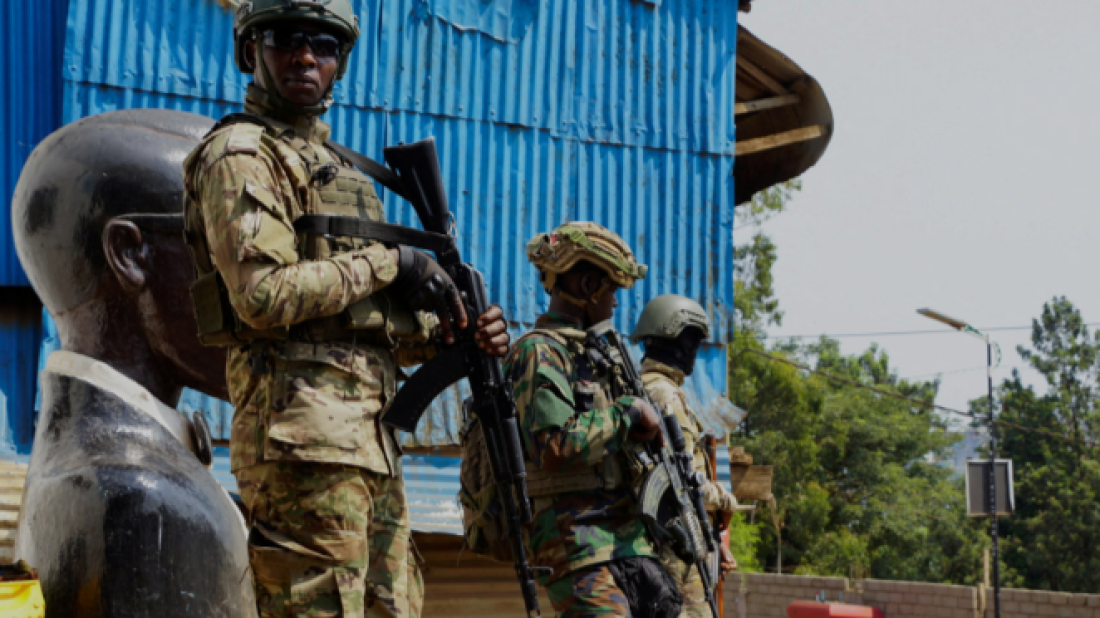
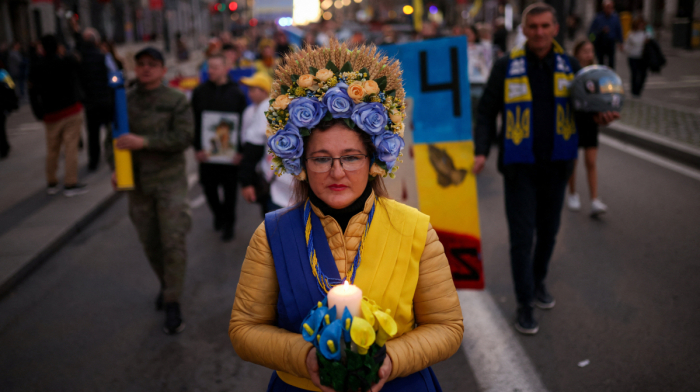
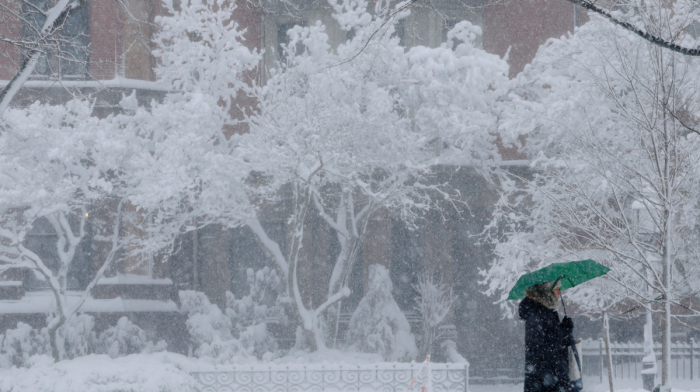
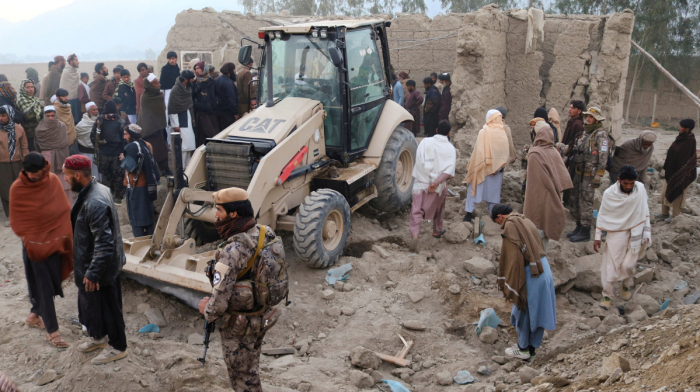
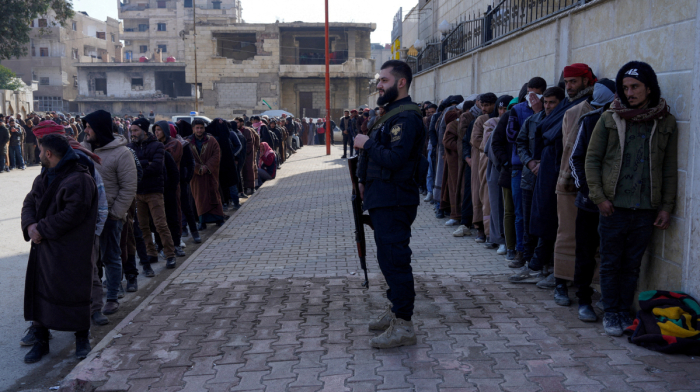
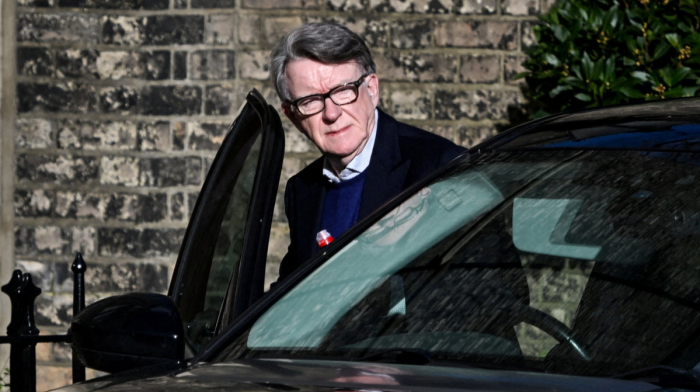

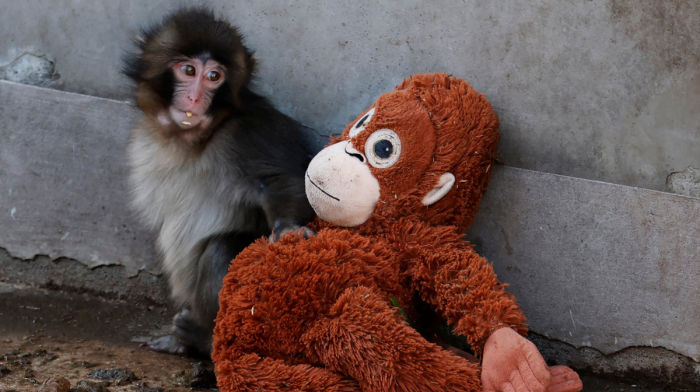
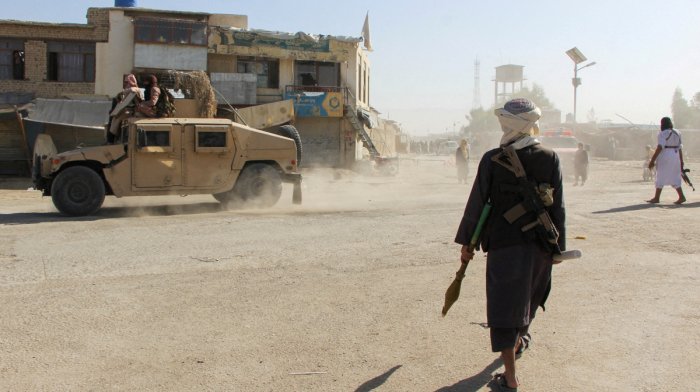
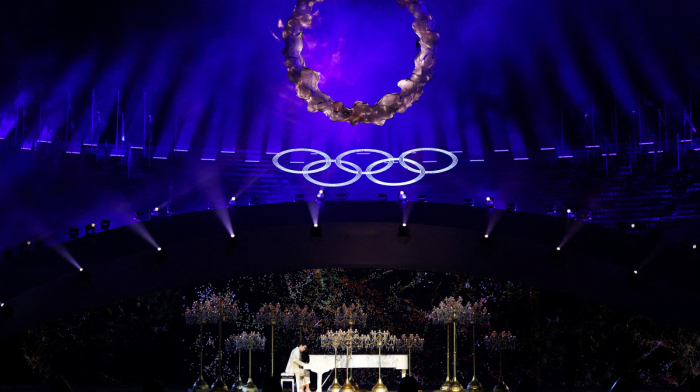
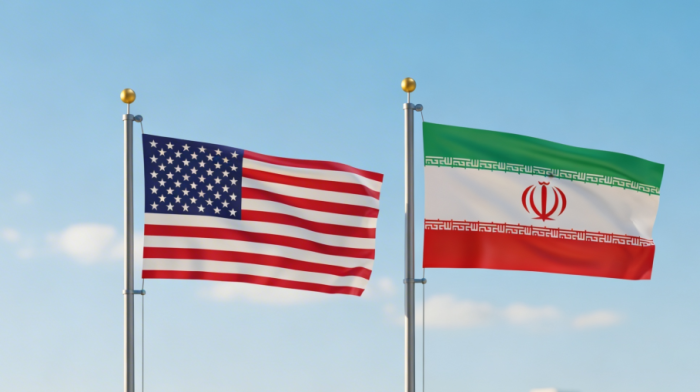
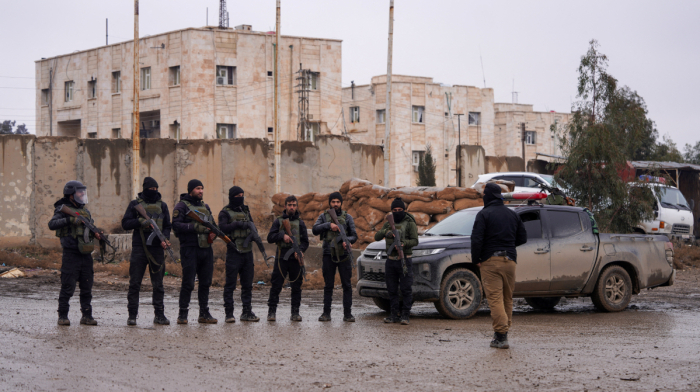
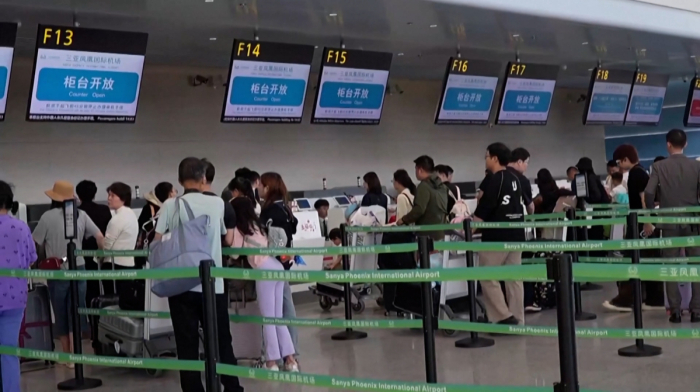



What is your opinion on this topic?
Leave the first comment